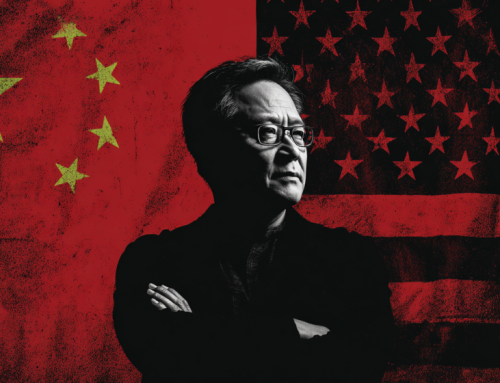
Meta is investing billions into building AI-powered personal assistants—integrated into smart glasses and fueled by massive, self-funded infrastructure—with a vision of democratizing superintelligence for everyday life. (Source: Image by RR)
New Tent-Based Data Centers Will House Meta’s Supercomputing Clusters
Meta CEO Mark Zuckerberg is charting a distinct course in the AI arms race by pursuing what he calls “personal superintelligence”—an AI designed for everyday life, not just enterprise or research. In an interview with The Information, Zuckerberg outlined Meta’s vision to empower individuals globally through highly personalized AI assistants. These systems would focus on social, creative, and lifestyle needs rather than business automation. The vision centers on AI being integrated into personal hardware, particularly AR glasses, which Zuckerberg believes will become as essential as corrective lenses, offering users an immense cognitive edge in daily life.
Central to this vision is Meta’s heavy investment in new data centers capable of powering large-scale AI systems. The company, according to a report in the-decoder.com, is building compute clusters—nicknamed Hyperion and Prometheus—using unconventional hurricane-proof tent structures to speed up deployment. Zuckerberg estimates these clusters will require several gigawatts of power and occupy a land footprint comparable to Manhattan. This infrastructure expansion, funded entirely from Meta’s existing ad revenue and platform income, enables the company to self-finance the ambitious initiative without external capital, which Zuckerberg sees as a strategic advantage over competitors like OpenAI and Google.
Zuckerberg also emphasized a shift toward self-learning systems that can autonomously improve Meta’s existing products. He noted early signs of reinforcement learning models optimizing algorithms on Facebook and other platforms. Although Meta’s current AI model, Llama 4, may lag behind competitors, the company is addressing this by building out infrastructure, recruiting elite talent, and doubling down on internal R&D. In Zuckerberg’s view, access to compute power has become a more important draw for top AI researchers than traditional managerial hierarchies or titles.
While Meta hasn’t yet figured out how to monetize its vision for personal superintelligence, Zuckerberg hinted at potential premium offerings, like an ad-free AI experience akin to ChatGPT Plus. The company’s strategy relies on future user adoption of AI-integrated hardware—especially smart glasses—as a new computing platform. For now, Meta’s bet is that by investing billions in infrastructure and R&D today, it can unlock the next transformative computing paradigm in the coming two to three years, positioning itself ahead of the competition.
read more at the-decoder.com







Leave A Comment